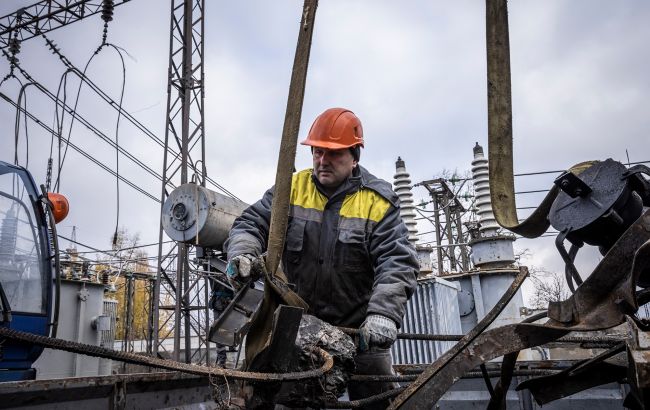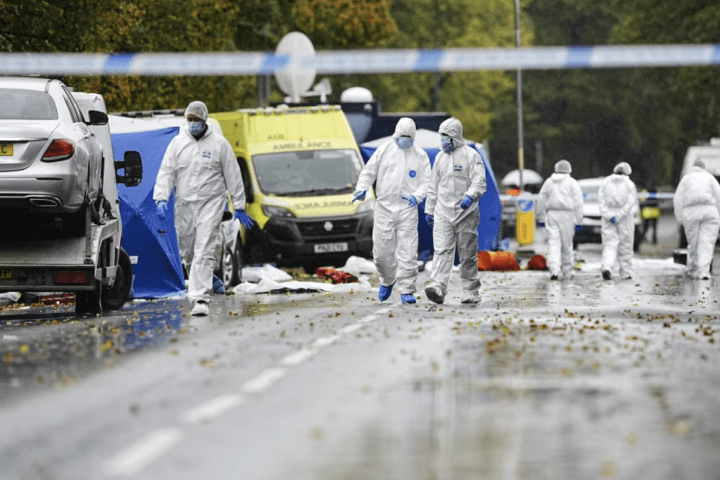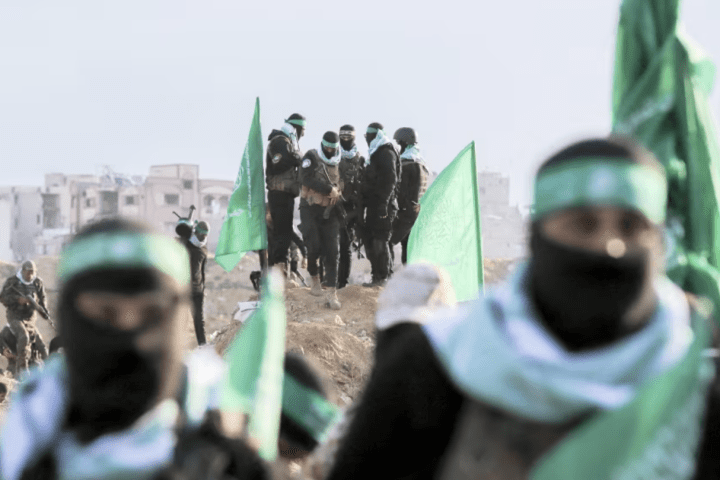In the coming months, Russia will likely intensify attacks on the Ukrainian energy grid, attempting to cause maximum disruption to the population’s livelihoods. This opinion was expressed by Colonel Ants Kiviselg, head of the Estonian Defense Forces’ Intelligence Center, at a briefing at the Ministry of Defense. According to him, Moscow now has more resources for such strikes than it did a year ago.
Estonia predicts new Russian attacks on Ukraine’s energy sector this winter
Kiviselg noted that in September, Russian troops captured approximately 260 square kilometers of territory, 44% less than in August and half the July figures. However, the intensity of fighting has not decreased, with approximately 180 attacks recorded per day.
The main offensive line remains Pokrovsk in the Donetsk region. Russia is attempting to take the city from two directions: from Udachny in the south and from Dobropillia in the north. However, counterattacks by Ukrainian forces in the Dobropillya sector disrupted the enemy’s battle formations and slowed their advance.
Furthermore, Russian units took limited action in the Zaporizhzhia, Kupyansk, and Limansk sectors. In some areas, they managed to reach the border of the Donetsk and Zaporizhzhia oblasts, aiming to cut the P85 highway connecting Huliaipole and Pokrovsk.

Forecast for the near future
According to the head of the intelligence center, no major changes on the front are expected in the coming weeks. Russia will continue to press along the entire combat line, counting on localized successes. However, Ukraine’s defensive positions are generally holding, and there are no signs of an imminent breakthrough by Russian forces.
Possibility of attacks on energy infrastructure
Kiviselg emphasized that Russian propaganda is actively calling for strikes against Ukrainian energy facilities, and such actions appear highly likely. “Firstly, this is consistent with last year’s tactics of attacking civilian infrastructure in the winter. “Secondly, Russia has increased the number of long-range weapons capable of delivering deep strikes,” he said.
He said that possible attempts to destabilize Ukrainian nuclear power plants are particularly alarming. Such attacks could lead to major accidents and radioactive contamination, forcing Kyiv to devote resources to cleanup and attract large-scale international assistance. “This would be a serious blow to both the country’s defense and its civilian population,” Kiviselg noted.
The US has authorized the use of intelligence data for strikes against Russia
According to the Wall Street Journal, Washington has previously shared intelligence data with Ukraine, but Kyiv can now use it to attack Russia’s critical energy infrastructure.















